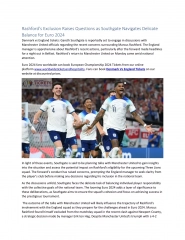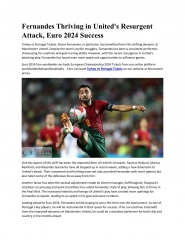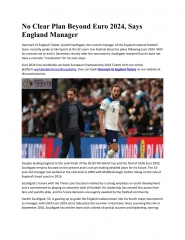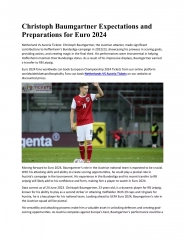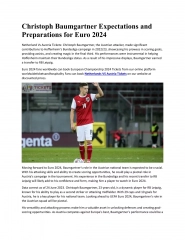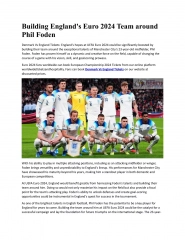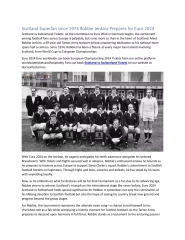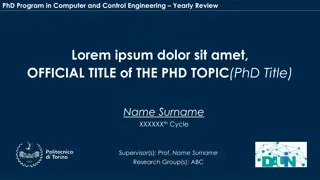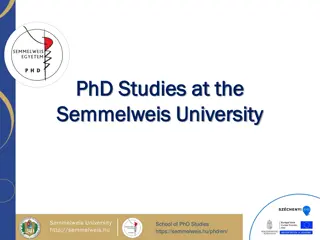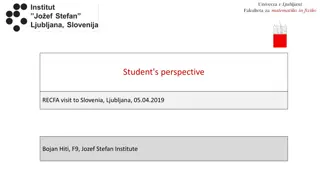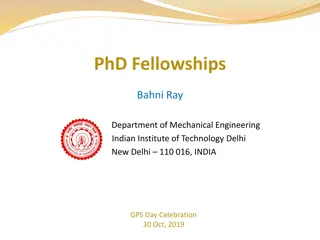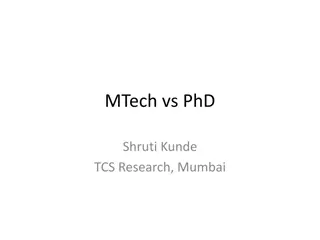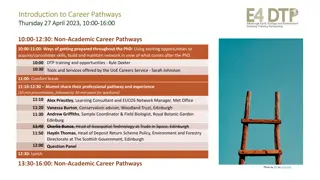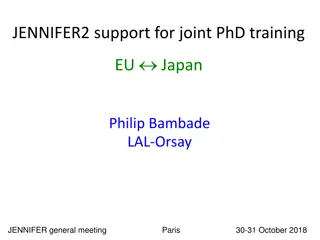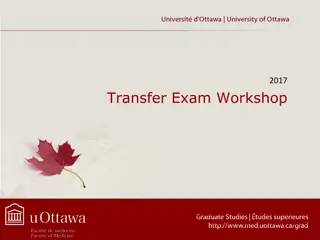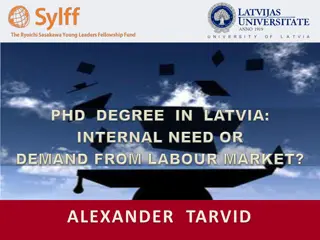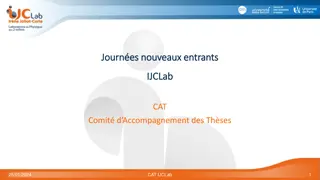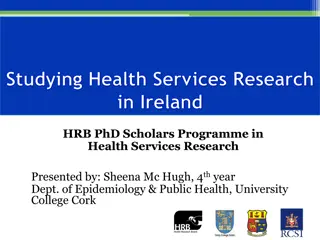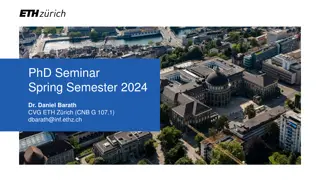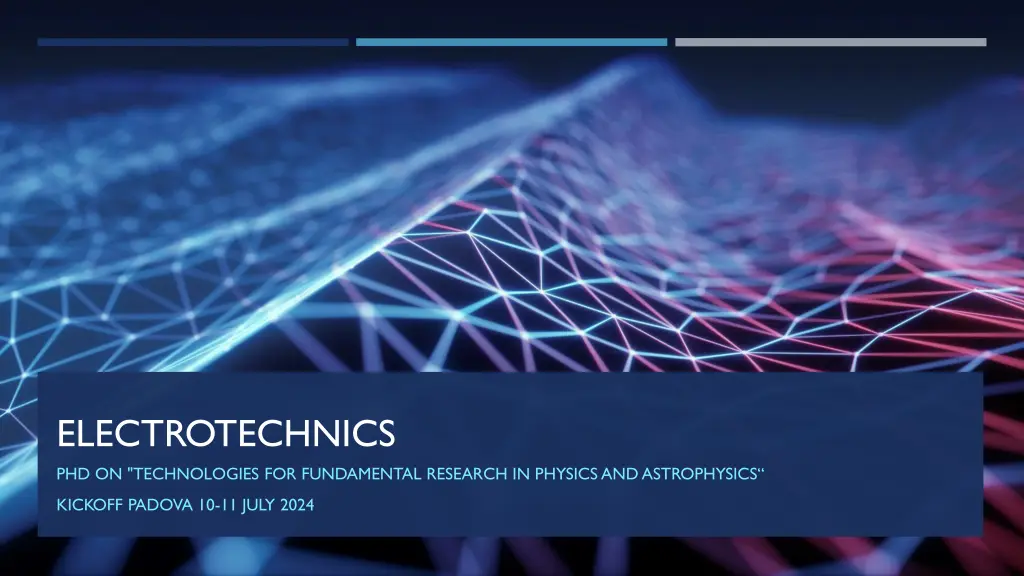
Cutting-edge Electrotechnics Research and Education Program
Dive into the world of cutting-edge electrotechnics research and education, focusing on technologies for fundamental research in physics and astrophysics. Explore topics such as superconductors, multiferric materials, and the search for axions, while also delving into educational courses covering superconductivity, data acquisition, and additive manufacturing. Engage with leading experts in the field and expand your knowledge in this exciting domain.
Download Presentation

Please find below an Image/Link to download the presentation.
The content on the website is provided AS IS for your information and personal use only. It may not be sold, licensed, or shared on other websites without obtaining consent from the author. If you encounter any issues during the download, it is possible that the publisher has removed the file from their server.
You are allowed to download the files provided on this website for personal or commercial use, subject to the condition that they are used lawfully. All files are the property of their respective owners.
The content on the website is provided AS IS for your information and personal use only. It may not be sold, licensed, or shared on other websites without obtaining consent from the author.
E N D
Presentation Transcript
ELECTROTECHNICS PHD ON "TECHNOLOGIES FOR FUNDAMENTAL RESEARCH IN PHYSICS AND ASTROPHYSICS KICKOFF PADOVA 10-11 JULY 2024
ELECTROTECHNICS STUDENT(S) TITOLO SEDE TIPOLOGIA BORSA CURRICULUM DOTTORANDO RELATORE CORRELATORE Impedenza superficiale di superconduttori in condizioni di interesse per la Fisica fondamentale: misure e metodi di analisi Elettrotecnica ed Elettrotecnica per acceleratori Mota Gaurav Rajesh gauravrajesh.mota@studenti.unipd.it gauravmota704@gmail.com Universit di Roma Tre Nicola Pompeo nicola.pompeo@uniroma3.it Enrico Silva enrico.silva@uniroma3.it Ex DM 118/2023
Multiferric materials characterisation, applications -e interactions in targets (non stationary electrons)
Search of axions with q-limit detectors in m-wave cavities in intense magnetic fields. FCC-hh collider: HTS to HF wakefields by particle bunches and to ~16 T
EDUCATIONAL PROPOSAL - COURSES N. TEACHING HOURS CREDITS WHEN DESCRIPTION PROPOSER Enrico Silva UNIVERSITY ROMA3 11 Applied Superconductivity: Quantum Phenomena and Quantum Systems Machine learning and numerical techniques for inverse problems and design of electrical and electronic systems Advanced scientific programming in Matlab 15 2 first year second year Roles of superconductivity in the fields of power applications, radiofrequency applications, metrology and quantum computing. 12 15 2 first year second year Models for the design and simulation of electrical and electronic systems. Enrico Silva ROMA3 21 30 4 first year second year third year Advanced skills in scientific programming, methodologies for the development of reliable, optimized and maintainable codes. A basic knowledge of MATLAB and the C language represents a prerequisite of this course. Paolo bardella POLITO 24 Programmable System on Chip (SoC) for data acquisition and processing Coupled electrical-thermal-structural Finite Element Analyses 20 2,5 first year second year Overview of today's programmable devices such as the latest generation FPGAs Domizia Orestano Andrea Fabbri INFN ROMA 3 26 12 1,5 first year second year third year General aspects of Finite Element analyses related to the structural, thermal and electrical fields. Giovanni Meneghetti *, Mattia Manzolaro**, Michele Ballan** UNIPD, INFN 28 METAL ADDITIVE MANUFACTURING Fundamentals of system engineering and project management for large scientific projects 16 2 first year second year first year second year Basic knowledge and skills for metal Additive Manufacturing (AM) Adriano Pepato INFN PD 31 12 1,5 System engineering is a multidisciplinary approach for the creation of complex systems, such as a large scientific instrument or a research program. Project management is a discipline for planning, organizing and implementing projects at all scales. more specific Marco Xompero INAF Arcetri broader
OTHER EDUCATIONAL ACTIVITIES N. TYPE OF ACTIVITY Activities at research facilities ACTIVITY DESCRIPTION (AND ACCESS MODALITY TO THE NATIONAL PHD INFRASTRUCTURES) International School of Particle Accelerators (INFN) The school will review the limit of the present technologies on which are based existing or near-future accelerators: rather than focusing on single type of accelerator the school will discuss basic concepts and layouts for acceleration of muons and of plasma-based accelerators. (...) Standard model of elementary particles, operating principles of accelerators, radiation-matter interaction, operating principles of particle detectors, examples of experimental apparatus, triggers. At LNGS or LNF, theoretical lessons, visits to the laboratories and hands-on activities. Astroparticle physics: Introduction to astroparticle physics. Study of rare events in underground experiments, ( ) theoretical lessons, visits to the laboratories and hands-on activities. Nuclear Safety applied to basic physics research facilities: (...) investigation methods, Nuclear Security, principles of Radiation Protection, theory of Defense in Depth, security analysis methods for research applications. Research and Development for ISOL Targets and Ion Sources in the facilities for the production of Radioactive Ion Beams (RIBs) Thin film deposition laboratory using PVD techniques to be applied to accelerating and detector cavities: (..) theory, deposition activities of superconducting films, optical films, characterized through Tc , SEM, XRD, profilemetry and reflectance measurements. PROPOSER AFFILIATION 5 8 Activities at research facilities Domizia Orestano 9 Activities at research facilities Domizia Orestano Luca De Ruvo 10 Seminars INFN - LNL INFN - LNL 11 Seminars Mattia Manzolaro Cristian Pira INFN - LNL 12 Laboratory activities more specific broader
N. TEACHING HOURS CREDITS WHEN DESCRIPTION PROPOSER Enrico Silva UNIVERSITY ROMA3 11 Applied Superconductivity: Quantum Phenomena and Quantum Systems Machine learning and numerical techniques for inverse problems and design of electrical and electronic systems Advanced scientific programming in Matlab 15 2 first year second year Roles of superconductivity in the fields of power applications, radiofrequency applications, metrology and quantum computing. 12 15 2 first year second year Models for the design and simulation of electrical and electronic systems. Enrico Silva ROMA3 21 30 4 first year second year third year Advanced skills in scientific programming, methodologies for the development of reliable, optimized and maintainable codes. A basic knowledge of MATLAB and the C language represents a prerequisite of this course. Paolo bardella POLITO PROPOSED PLAN YEAR 1 24 Programmable System on Chip (SoC) for data acquisition and processing Coupled electrical-thermal-structural Finite Element Analyses 20 2,5 first year second year Overview of today's programmable devices such as the latest generation FPGAs Domizia Orestano Andrea Fabbri INFN ROMA 3 26 12 1,5 first year second year third year General aspects of Finite Element analyses related to the structural, thermal and electrical fields. Giovanni Meneghetti *, Mattia Manzolaro**, Michele Ballan** UNIPD, INFN 28 METAL ADDITIVE MANUFACTURING Fundamentals of system engineering and project management for large scientific projects 16 2 first year second year first year second year Basic knowledge and skills for metal Additive Manufacturing (AM) Adriano Pepato INFN PD COURSES 31 12 1,5 System engineering is a multidisciplinary approach for the creation of complex systems, such as a large scientific instrument or a research program. Project management is a discipline for planning, organizing and implementing projects at all scales. Marco Xompero INAF Arcetri 1. Applied Superconductivity: Quantum Phenomena and Quantum Systems 2. Advance scientific programming in Matlab CONFERENCES, SEMINARS, SCHOOLS Introduction to SC, SC materials and their applications 1. Superconductivity summer school (CONECTUS ESAS) (June. 24 28. 2024) 2. INFN Gran Sasso National Laboratory (LNGS) meeting. Applied SC on properties of materials, RF; for QT, infrastructures (TNF), 3. IEEE council on Superconductivity Italy chapter meeting. N. TYPE OF ACTIVITY Activities at research facilities ACTIVITY DESCRIPTION (AND ACCESS MODALITY TO THE NATIONAL PHD INFRASTRUCTURES) International School of Particle Accelerators (INFN) The school will review the limit of the present technologies on which are based existing or near-future accelerators: rather than focusing on single type of accelerator the school will discuss basic concepts and layouts for acceleration of muons and of plasma-based accelerators. (...) Standard model of elementary particles, operating principles of accelerators, radiation-matter interaction, operating principles of particle detectors, examples of experimental apparatus, triggers. At LNGS or LNF, theoretical lessons, visits to the laboratories and hands-on activities. Astroparticle physics: Introduction to astroparticle physics. Study of rare events in underground experiments, ( ) theoretical lessons, visits to the laboratories and hands-on activities. Nuclear Safety applied to basic physics research facilities: (...) investigation methods, Nuclear Security, principles of Radiation Protection, theory of Defense in Depth, security analysis methods for research applications. Research and Development for ISOL Targets and Ion Sources in the facilities for the production of Radioactive Ion Beams (RIBs) Thin film deposition laboratory using PVD techniques to be applied to accelerating and detector cavities: (..) theory, deposition activities of superconducting films, optical films, characterized through Tc , SEM, XRD, profilemetry and reflectance measurements. PROPOSER AFFILIATION 5 ADDITIONAL TRANSVERSAL / SOFT SKILLS COURSES 8 Activities at research facilities Domizia Orestano 1. IEEE Authorship and Open Acces 9 Activities at research facilities Domizia Orestano Luca De Ruvo 10 Seminars INFN - LNL INFN - LNL 11 Seminars Mattia Manzolaro Cristian Pira INFN - LNL 12 Laboratory activities
ELECTRO- TECHNICS THE RESEARCH TOPIC IS A TOP CHALLENGE FOR FUTURE COLLIDERS AND NOT ONLY AND FOR DETECTORS (AXION QUEST) THE COURSES FOLLOWED IN THE FIRST YEAR ARE SOUND OTHER COURSES/ACTIVITIES OF ELECTROTECHNICS ARE RECOMMENDED FOR YEAR-2 AND YEAR-3

